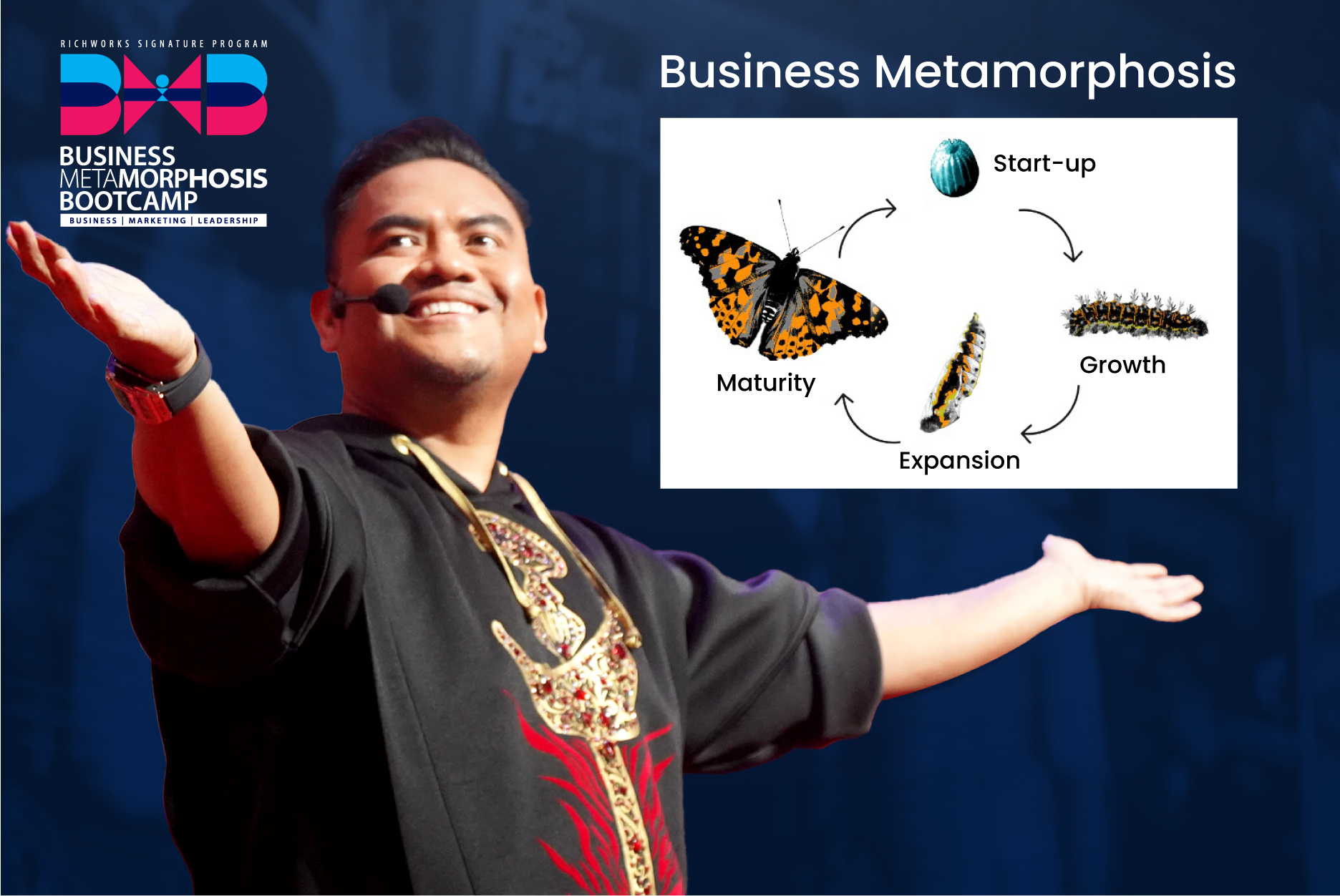The transition of an organization is not as simple as that of a caterpillar in reality. It is the most difficult aspect of an organization’s development and survival.
Today's business world is all about figuring out how to pass the transformative challenge. When organizations are operating in a fast-paced climate, under competitive pressure, and dealing with complex challenges, it becomes much more complicated.
Organizations must undergo transformation and become strong to face any challenge at any time in order to sustain their competitive edge in the market. Failure to undergo transformation is a plan to exit the market.
The key people who can deliver this transformation are the business or organizational leaders. They are the ones who can start the transformation process because of their authority within the organization. Leaders who can create a system and implement it are needed to drive organizational transformations.
What are organizational transformations? Transformations are metamorphosis transitions in which the vision, mission, values, and beliefs of an organization are all redefined and transformed.
Attempting to cross these metamorphosis transitions requires letting go of old ways of viewing, doing, reasoning, connecting, and performing in favor of new approaches. The metamorphosis transitions are ultimately about letting go in order to allow something new to develop.
In these transformative times, leadership is mostly about enabling yourself and others in overcoming the barrier from old to new on an individual and organizational level. We each become our own leaders, while also contributing to the development of processes that enable us and many others to change.
Many individuals and social systems change as a result of transformational leadership. These leaders produce valuable and good change among their followers in its ideal state, with the ultimate goal of growing followers into leaders.
Employee engagement, existing organizational systems, management practices, and structure must all be transformed by a meaningful organization strategy, leadership and culture.
As a result, the personal and social characteristics of a business can either encourage or prevent transformation, because the organization’s individual or group oneness and cultural environment are the primary drivers of Growth.
Transformation is a difficult process. The desired exact change will not happen together at once, rather, it will happen in stages at different times because the metamorphosis transitions are uncertain and can often result in unforeseen consequences. As a result, excellent leaders who are capable of dealing with the complexities of driving the organization through such a shift are required.
It goes without saying that people are crucial in any organization, hence it is critical to recognize that a leader's viewpoint on transformation may be perceived and interpreted differently by others.
As a consequence, having a general understanding of how people view and experience the metamorphosis transitions will benefit leaders in being more successful. It's understandable that the concept of transformation comes from the top management. These are the individuals who could see the need for change and went to great lengths to see all the possibilities and opportunities.
It causes organizational challenges for the senior leaders in charge of the transition, but it also gives the business a fresh focus and revitalization. But again, there is always the risk that chief executives and top management may only see the positive side because it allows them to gain more power and authority within the business or organization, build their ideas into the management system, and progress their own careers.
We understand from everything we've learned that people are emotionally resistant to change do not want their current circumstance disrupted. In general, these individuals in the organization have unusual fear and concern about possible negative consequences. They may also be skeptical of the leaders' goals and abilities in guiding the transformation.
Giving clarity to these people, making them comprehend the reason of the change, and making them recognize the benefits of the transition to the organization and to them becomes a difficult task for a leader. As a result, it's critical for leaders to be aware of employees' perceptions and feelings.
The entire organization, its mission, values, activities, and relationships with its fast-changing environment all contribute to an organization's culture. Likewise, the culture is shaped by an individual's personal aspirations, accomplishments, behavior, and interactions as an employee of an organization. We transform the organization when we help ourselves and others change by sharing stories and knowledge gained from listening and sharing.
The bottom-up development of socially and culturally responsive teams, responding to the transformative journey within an ever-changing business environment merges with the top-down command of the organization's objective. This is the organization's metamorphosis, bottom-up organizational development guided by strong cultural awareness.
Fast-forward and disruptive businesses today will acknowledge that change occurs in unexpected ways and administrative systems that are too complex will not enable and support organizational growth.
All risks must be assessed before moving forward with transformation. It's difficult for a leader to take a step back once the change process has begun. Taking a step back after starting will also cause individuals to become confused. Resistance to change, inexperienced leadership, and operational disruptions are the most typical risks.
The duty of an organization’s leadership is to participate fully in supporting and promoting this change through fostering clear communication by ensuring that everyone understands how to act, perform and communicate.
By aiding others in attaining exceptional outcomes, we all have an important role to play in a metamorphic transformation. And each day brings new opportunities to learn, grow, and progress.
Azizan Osman, a well-known business mentor and coach, has now become a leading expert in his profession. Annually, over 300 high net worth CEOs of various SMEs with their management teams have sought his work to address workplace transformation due to his exceptional ability to produce outcomes for thriving entrepreneurs. They want what Azizan has to offer, practical and proven success methods.
Azizan can be reached at https://my.linkedin.com/in/azizanosmanofficial
Baden Bower News
Baden Bower
https://www.badenbower.com
news@badenbower.com




